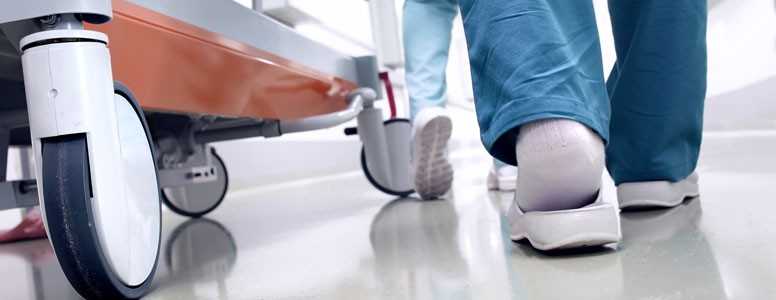A plastic sleeve used as an alternative to gastric bypass surgery could help the NHS in treating obesity and type 2 diabetes.
The EndoBarrier, a 60cm tube that is inserted into the small intestine via the throat, helps to reduce the amount of food which is digested in the first part of the small intestine.
The device has been hailed as “effective” and a “safe service” by scientists from the University of Birmingham.
They revealed successful findings from a new trial testing the EndoBarrier at the Diabetes UK Professional Conference, and believe it could provide a valuable option for lowering NHS costs in treating diabetes.
“As other studies have shown promising results of EndoBarriers being used to treat type 2 diabetes effectively, we wanted to find out if offering a service on the NHS would help some of the hardest cases,” said lead clinician Dr Robert Ryder from Birmingham City Hospital.
“We believe this to be an effective and safe service, and NHS hospitals across the UK could easily take it up.”
The findings of the trial showed that EndoBarrier treatment enabled six people with type 2 diabetes to come off insulin.
The study involved 25 people who, on average, had lived with type 2 diabetes for about 12 years and had not responded well to other conventional treatments for the condition.
A year later the operation the EndoBarrier was removed and most participants had lost more than 15 kg (2.3 stone) and had lower blood sugar levels and blood pressure.
Chair of NHS Sandwell and West Birmingham CCG, Professor Nick Harding OBE, added: “We are delighted to see this service being offered at Birmingham City Hospital.
“It’s good to see the promising results of EndoBarriers for obese people with type 2 diabetes, with participants in the study losing weight and enjoying better health. This is a great example of innovation being used to improve quality of life for our patients.”





